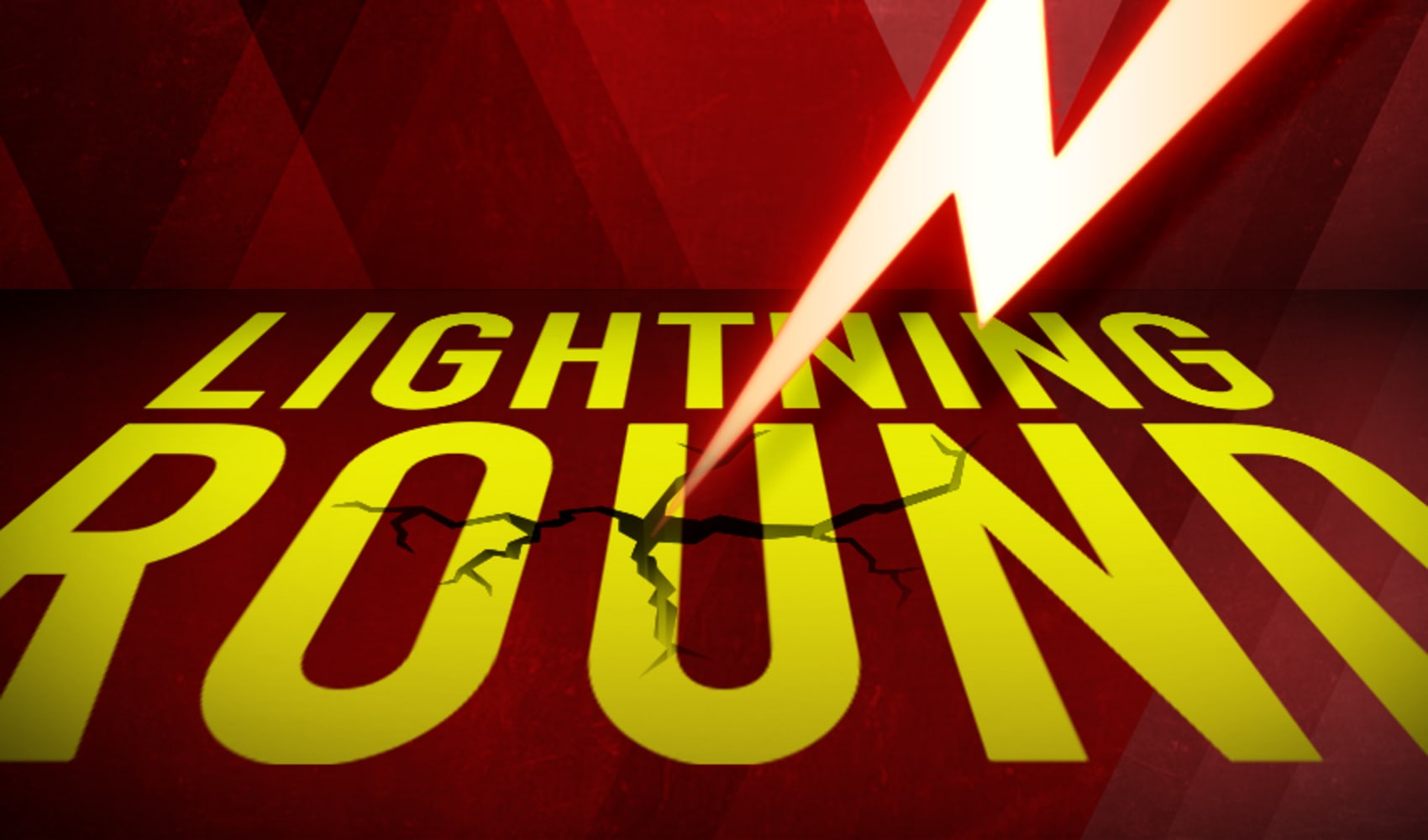
- Fashion designer Michael Kors testified Monday about competition in the handbag industry.
- The Federal Trade Commission is seeking to block Tapestry's $8.5 billion acquisition of Capri, which would put six brands including Michael Kors and Coach under a single company.
- The trial is expected to wrap up on Tuesday.
NEW YORK CITY — In a federal courtroom on Monday, storied fashion designer Michael Kors spoke about the steep challenge of staying relevant in a world where brands can rise and fall based on viral TikTok videos and photos of handbags on the arms of celebrities such as Taylor Swift and Beyoncé.
Kors kicked off the week of testimony in the antitrust trial in Manhattan as a Federal Trade Commission lawsuit seeks to block Tapestry's $8.5 billion acquisition of Capri. The deal, if approved, would put six fashion brands under a single company: Tapestry's Coach, Kate Spade and Stuart Weitzman, with Capri's Versace, Jimmy Choo and Michael Kors.
The FTC on Monday called Kors, who founded his namesake brand in 1981 at age 22 and still serves as its chief creative director, to testify. Yet, in his remarks, Kors described how even legacy brands like his own can struggle and lose shoppers' interest.
"Sometimes you'll be the hottest thing on the block," he said. "Sometimes you'll be lukewarm. Sometimes you'll be cold."
He acknowledged that his namesake label has fallen from favor and needs a refresh.
Get Tri-state area news delivered to your inbox. Sign up for NBC New York's News Headlines newsletter.
"I think we've reached the point of brand fatigue," he said.
Money Report
The FTC has argued that the combined companies, particularly with Coach and Michael Kors under the same owner, would create a bag behemoth with the power to hike prices for customers while offering them the same or worse products.
Attorneys for Tapestry and Capri, on the other hand, have questioned the FTC's depictions of a consolidated handbag market. They have said competition has grown as customers consider both pricier luxury brands and lower-priced fast-fashion names, and can shop from online-only platforms and secondhand marketplaces.

The trial comes as consumers balk at high prices and when the outcome of the closely watched U.S. presidential election could change the federal agency's strategy.
Shares of Capri, which includes Michael Kors, reflect the tougher stretch that the designer Kors described. As of Monday afternoon, the company's stock has fallen about 24% so far this year. That trails far behind the roughly 18% gains of the S&P 500 and the approximately 17% rise of Tapestry.
In its most-recent fiscal quarter that ended in late June, Michael Kors' revenue dropped 14.2% on a reported basis or 13.3% on a constant currency basis compared to the year-ago period.
Kors said he remains a student of the fashion industry and draws inspiration from spending time on store floors, talking to customers or people-watching at places such as airports. Even as an industry veteran, he said he must move nimbly.
For instance, he said he learned about Aupen, a handbag industry newcomer, when he saw a photo of Taylor Swift carrying one of the company's handbags. When he went to the company's website, it crashed, he said.
"It shows you the power of women like this," he said.
In another testimony on Monday, former Macy's CEO Jeff Gennette said retailers also feel it when brands lose some of their shine. Gennette, who retired early this year, said the department store's sales got hit because it leaned too heavily on Michael Kors' brand. He said the markdown of Michael Kors' handbags contributed to "a bad spiral Macy's was living through when I was there."
The antitrust trial is expected to conclude on Tuesday with testimony by economists, including one for the FTC and one for the companies.






